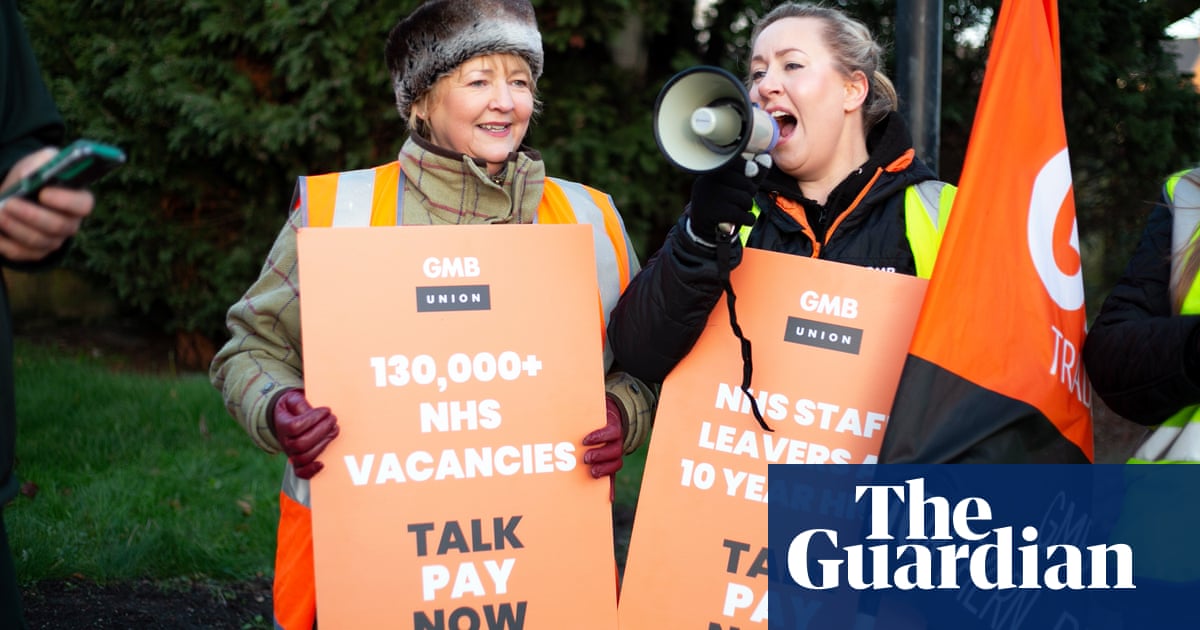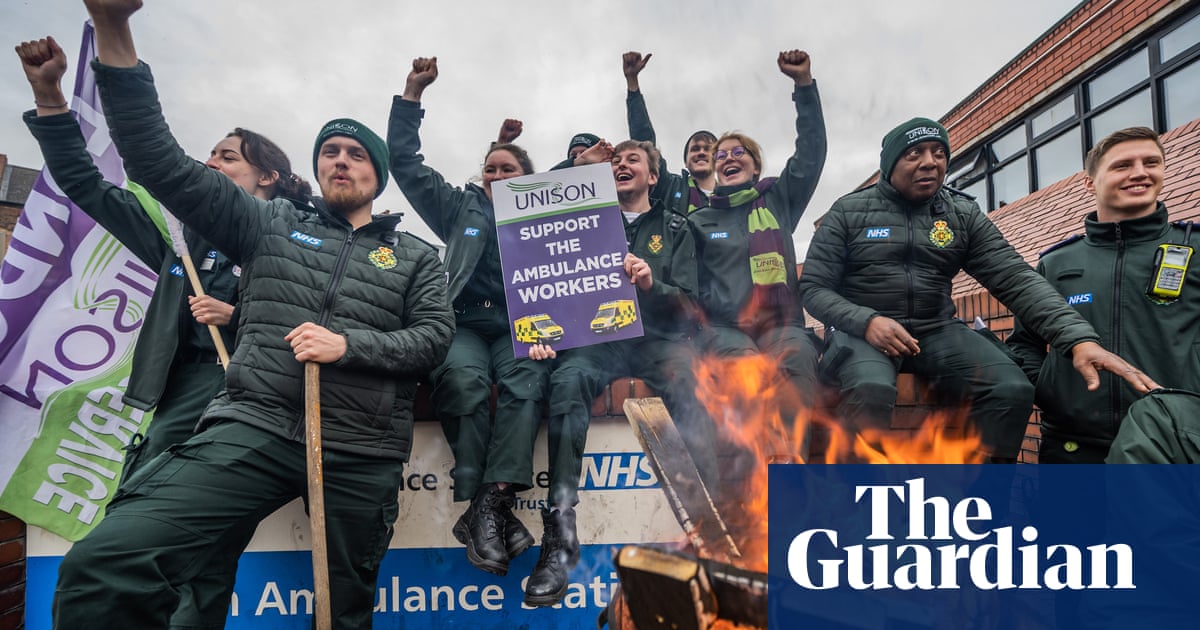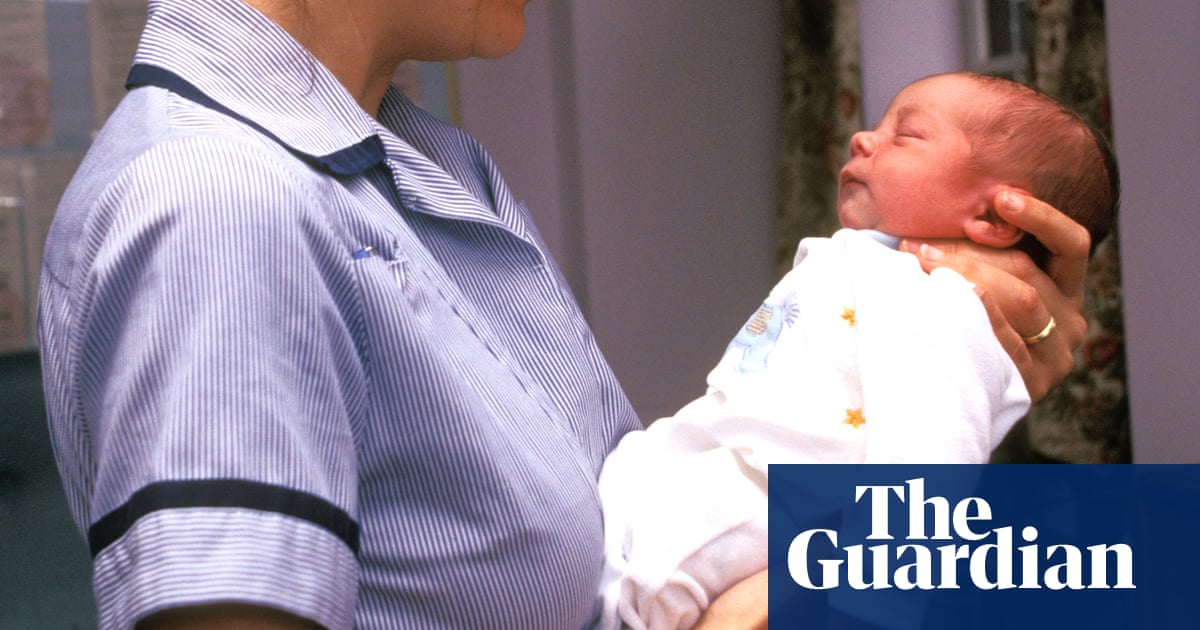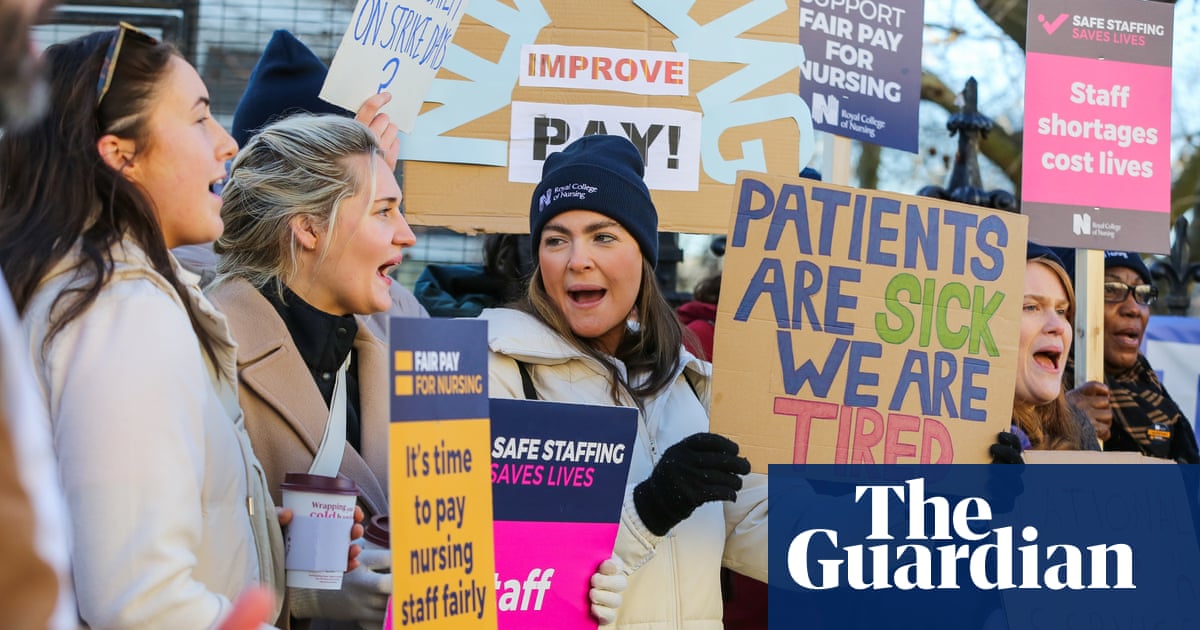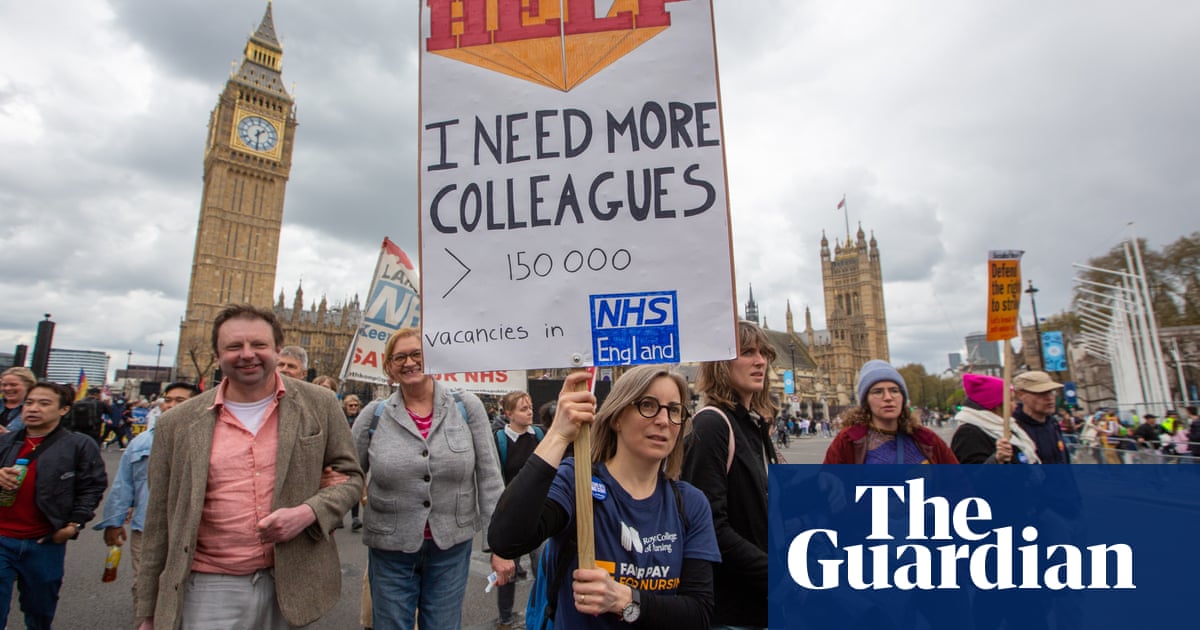
The body that represents more than 1 million NHS staff in England has accepted the government’s improved pay offer, but several unions plan to continue striking for more money.
The NHS staff council voted to accept a pay deal covering 2022-23 and 2023-24 thrashed out between the health secretary, Steve Barclay, and unions.
Tuesday’s meeting came amid a split among the health unions. Several of them, including Unison, the GMB, and those representing midwives and physiotherapists, had voted to accept the deal. But others, including the Royal College of Nursing (RCN) and Unite, had rejected it.
Despite those differences of opinion, the unions that had accepted the offer had enough voting strength to ensure the staff council voted to do the same.
The council brings together the 12 health unions that between them represent all NHS staff in England, apart from doctors and dentists. Under its electoral college system, in which each union’s vote is weighted according to the size off their membership, it voted 27 to 17 in favour of the deal.
After the vote, Barclay said he would now impose the “fair and reasonable” deal on all 12 unions, including those which oppose it.
“Where some unions may choose to remain in dispute, we hope their members – many of whom voted to accept this offer – will recognise this as a fair outcome that carries the support of their colleagues and decide it is time to bring industrial action to an end.”
It will give NHS personnel a one-off payment of between £1,655 and £3,789 for last year, on top of the £1,400-a-head they had already received – the “paltry” sum which sparked a series of strikes. They will also receive a 5% consolidated pay rise for this financial year.
Sir Julian Hartley, the chief executive of hospitals group NHS Providers, said that health trust bosses were “breathing a sign of relief at today’s decision. We hope that this brings an end to the most disruptive period of industrial action in NHS history”.
NHS trusts have had to reschedule more than 500,000 outpatient appointments and operations since nurses, ambulance workers, junior doctors and other staff began striking last December.
Unison’s head of health, Sara Gorton, who chairs the staff council’s union group, blamed the government for causing those strikes by not listening earlier to NHS staff’s concerns about low pay.
But Unite – the only union which did not endorse the deal at the outset – responded to the staff council vote by making clear that it will be “escalating strike action”. Sharon Graham, its general secretary, pointed out that the staff council’s decision was not binding on individual member unions.
The RCN, which at the weekend undertook a 28-hour stoppage in England from Sunday evening until midnight on Monday, threatened to mount more walkouts – and would call members out at all NHS trusts in England, compared with the half at which it has already held stoppages.
However, it needs to get a legal green light from its 280,000 members in England in a fresh ballot to do that. But the fact that its members voted narrowly (56:44) to reject the deal in a recent indicative ballot, and that just 61% took part, has raised doubts over whether it will get the 50% turnout and 50% backing in a vote that it needs under trade union law for its planned ballot to lead to renewed industrial action.
Pat Cullen, the RCN’s chief executive, wrote to Barclay on Tuesday to tell him that the union plans to keep on striking because nurses have not yet had a pay “offer that matches their true value”.
The union remains in formal dispute with both the government and NHS over pay levels, she told Barclay, who she asked to meet.




